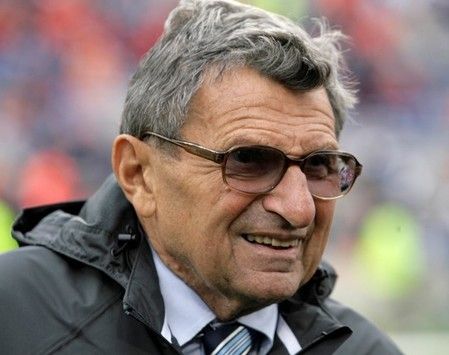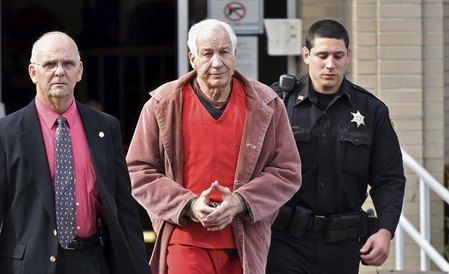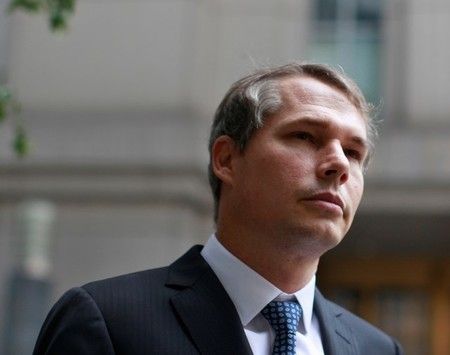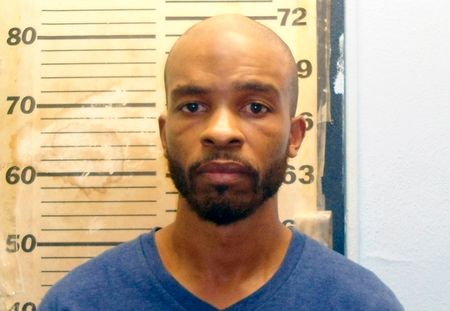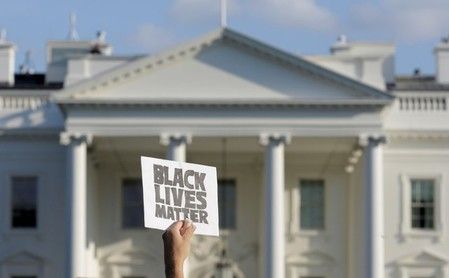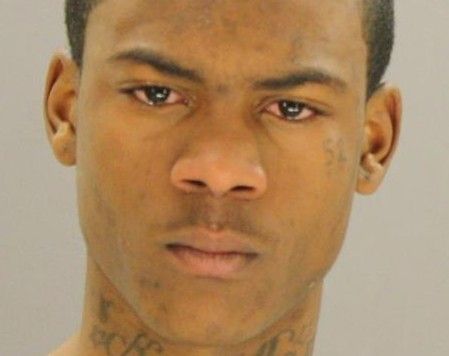Advertisement
Paterno son denies new allegations about his late father in Sandusky case
By Barbara Goldberg
(Reuters) – A son of the late Penn State head football coach Joe Paterno on Friday dismissed as “bunk” a new court document alleging his father knew that his assistant Jerry Sandusky engaged in child sexual abuse as far back as 1976.
In a Twitter post, Scott Paterno denied that “Papa” Joe was told about such abuse decades before the alleged incidents became public and led to Sandusky’s conviction, a scandal that rocked the world of college football and cost the elder Paterno his job.
His family and many of Penn State’s loyal supporters have long insisted that Paterno, one of the most revered figures in the history of collegiate sports, had no knowledge of his trusted assistant’s transgressions.
The fresh allegations came in a court opinion by Philadelphia Court of Common Pleas Judge Gary Glazer in a civil case involving Pennsylvania State University and an insurer over who should pay for settlements with Sandusky’s victims.
In the opinion, the judge wrote that witnesses had testified that Paterno was told of abuse at least three times before the alleged incidents that led to Sandusky’s 2012 conviction.
“Because of a single sentence in a court record of an insurance case, Joe Paterno’s reputation has once again been smeared with an unsubstantiated, 40-year-old allegation,” the family said in a statement.
Sandusky, 72, is serving 30 to 60 years in prison after a jury convicted him of molesting 10 boys in incidents dating back to the 1990s.
The new allegations came to light late Thursday, the same day that Sandusky was granted a hearing later this month to press his case for a new criminal trial.
The elder Paterno was fired in 2011 after revelations that he knew Sandusky sexually abused a young boy in the school’s football showers in 2002 and that, while he told university officials, he failed to notify police.
The new questions surfaced in Judge Glazer’s opinion filed in a lawsuit involving the school’s former insurer, Pennsylvania Manufacturers’ Association.
“PMA claims … in 1976 a child allegedly reported to PSU’s Head Football Coach Joseph Paterno that he (the child) was sexually molested by Sandusky,” the opinion reads.
The document also cites two other incidents, in 1987 and 1988, in which unnamed other assistant coaches saw Sandusky having inappropriate contact with boys and told Paterno.
“There is no evidence that reports of the incidents ever went further up the chain of command at PSU,” Glazer wrote.
Because Paterno did not report the three incidents to top university officials or police, Glazer said, the university can legally claim it was unaware of them and thus remains insured for any settlements with victims prior to 1992, when the liability policy was changed to exclude sexual abuse.
NBC News, citing unidentified sources and court documents, reported that as many as six assistant coaches at Penn State witnessed “inappropriate behavior” between Sandusky and boys since the 1970s.
The broadcaster said one former Penn State assistant coach witnessed an incident in the late 1970s, and three others allegedly saw inappropriate behavior in the early and mid-1990s.
NBC said the three other coaches, who were not named in the article, went on to work in the NFL and at Division I colleges.
Joe Paterno’s son, in an apparent response to the news story, Tweeted: “All bunk.”
An attorney for Sandusky’s attorney did not immediately respond to a request for comment. Reuters could not independently confirm the report.
At Sandusky’s May 20 hearing, his lawyers are free to challenge the competency of his trial attorney and look into whether prosecutors and the judge who oversaw the grand jury withheld evidence.
The defense can also explore whether the state attorney general’s office leaked sealed grand jury material to a reporter in 2011 to encourage other victims to come forward.
(Reporting by Barbara Goldberg in New York; Additional reporting by David P. DeKok in Harrisburg, Pennsylvania; Editing by Frank McGurty, Steve Orlofsky and Paul Tait)

